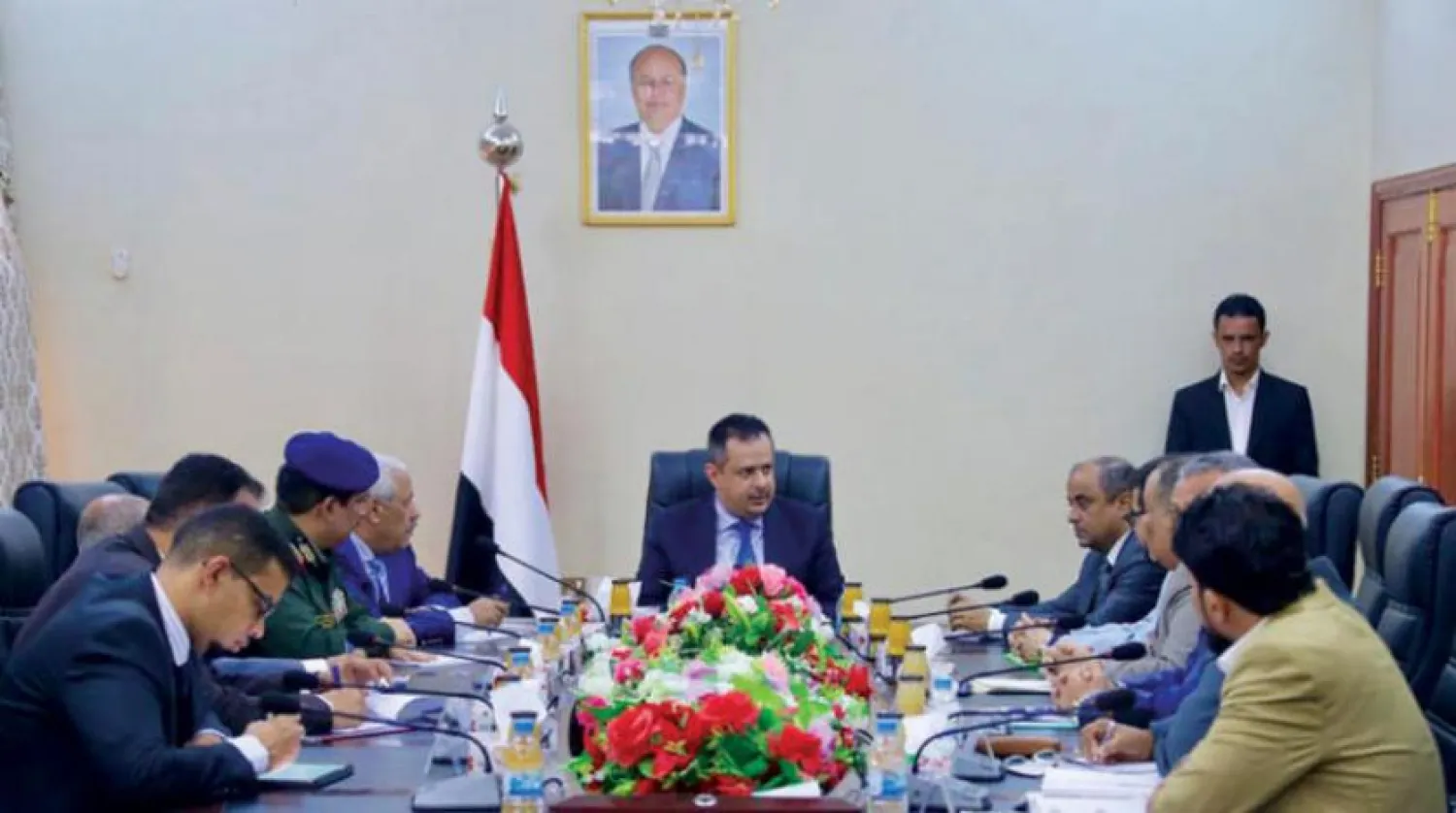Faced with a new drop in the value of the Yemeni rial, Prime minister Maeen Abdulmalik said land, air and sea ports are among the arteries of the national economy and that the government will activate all anti-corruption systems to control state revenues.
On Sunday, the exchange rate of the Yemeni rial stood at 850 to the dollar in government-controlled areas. The dip follows the war-torn country’s currency having registered a slight recovery after the newly formed government arriving in the interim capital, Aden.
Yemeni bankers blamed the policy adopted by the Iran-backed Houthi militias on fighting the circulation of new banknotes for the deterioration of the rial’s price.
The Houthis’ outlawing of the use and possession of crisp new rial bills issued by the legitimate government is a form of economic vandalism, they said.
What the national economy is passing through requires building a real economy that does not depend only on conventional revenues, Abdulmalik said at a meeting on national ports in Aden.
The meeting gathered the concerned ministries and thrashed out the relationship between them and local authorities and discussed means of improving local and state revenues.
It approved the formation of a joint committee tasked with field visits to all ports and crossings to address problems and assess performances in a way which guarantees improving port operations, unifying revenue collection measures and putting an end to overlapping powers.
According to the Saba News Agency, the joint committee will be composed from representatives of the ministries of finance, interior, transport and defense.
Attendees at the meeting put forward a number of proposals to assist the joint committee in performing its work within an integrated approach between ministries and concerned authorities.
They also focused on ways for developing a healthy relationship with the local authorities without giving way to violations, such as smuggling.









